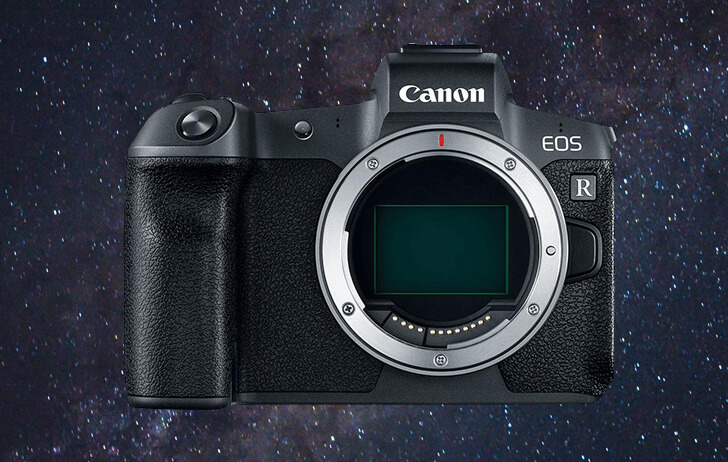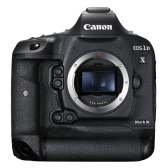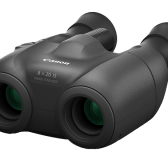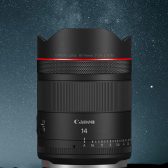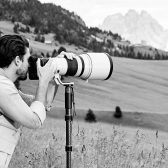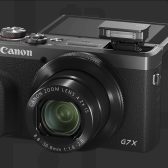|
When you purchase through links on our site, we may earn an affiliate commission. Here's how it works. |
Back in June, we reported about the possibility of a dedicated astrophotography EOS R system camera coming from Canon in late 2019. It turns out such a camera may, in fact, be coming in 2020.
According to the source, they were told that a “Canon EOS Ra” has appeared on an internal Canon roadmap for 2020. The only time the “a” is used in Canon ILC camera models has been for the EOS 20Da and the EOS 60Da, which leads us to believe we will definitely be seeing a dedicated astrophotography camera.
No specifications are known at this time, as only the model name has appeared on the internal document. There is however a chance that the model name is an internal codename for a different camera.
Update: Canon themselves have mentioned the Canon EOS Ra in an EOS R leaflet on one of their official sites. You can download the leaflet here.
The leaflet states:
- The EOS Ra is a version of the EOS R designed for astrophotography. This camera has approximately four times the transmittance of hydrogen-alpha light (656 nm) as the EOS R. Photographs of subjects that reflect a lot of infrared light will therefore appear redder than they actually are. Also, as it may not be possible to obtain an appropriate color balance or uneven colors may result, shooting normal subjects with this camera is not recommended. ..
- Camera operations are essentially the same as for the EOS R. Refer to the included EOS R Getting Started Guide (booklet). Additionally, you can download the EOS R Advanced User Guide (PDF file) from the Canon website.

